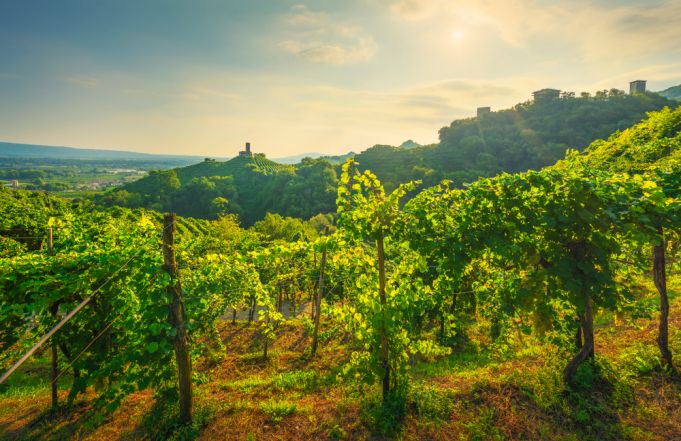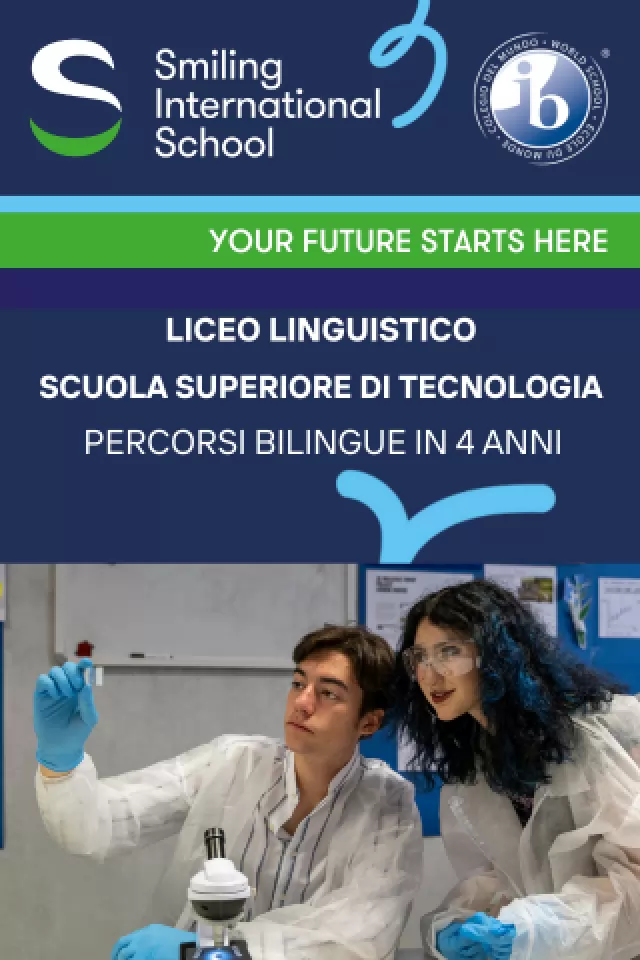Prošek: Italy's Prosecco War with Croatia
Italy moves to defend Prosecco amid record sales for the bubbly Italian drink.
The 'Prosecco War' between Italy and Croatia has stepped up a gear after the European Commission published an application for EU-protected label status for the Croatian Prošek wine.
Italy's Prosecco producers claim that Prošek's similar-sounding name could confuse consumers and would risk weakening the image of the sparkling Italian drink.
The Italian agriculture minister Stefano Patuanelli has now waded into the debate, establishing a technical group to fight any decision by Brussels to classify Prošek as a recognised protected label (PDO).
Under the application rules, Italy has two months to file objections, with Patuanelli stressing that the EU had made "no definitive decision" yet regarding the registration of the label.
However he warned that "Italy can and must object, at a European level, to defend its product of absolute excellence."

Luca Zaia, governor of Italy's northern Veneto region which is home to the UNESCO-recognised 'Prosecco Hills' of Valdobbiadene and Conegliano, has slammed Croatia's application as "disgraceful".
"The government must strike a hard blow, and we are ready, by their side, for a massive fight against this initiative" - said Zaia - "because an important brand from our country is being snatched from us, it's as if they wanted to take the Ferrari away from us."
Italy's main farming group Coldiretti is also on the warpath, describing the application by Croatia as "an attack against Made in Italy."
It claims the move could "ruin the historic record for world prosecco exports, which rose 35 per cent in the first six months of 2021", with Prosecco production set to reach 700 million bottles this year - "the biggest wine brand in the world".
Croatian wine-makers have acknowledged that the two names sound similar but argue that customers could easily tell the difference between the two products.
Producers of Prošek, a dessert wine made using dried grapes grown in the Dalmatia region, also say the drink has its own identity and dates back more than 2,000 years.


















